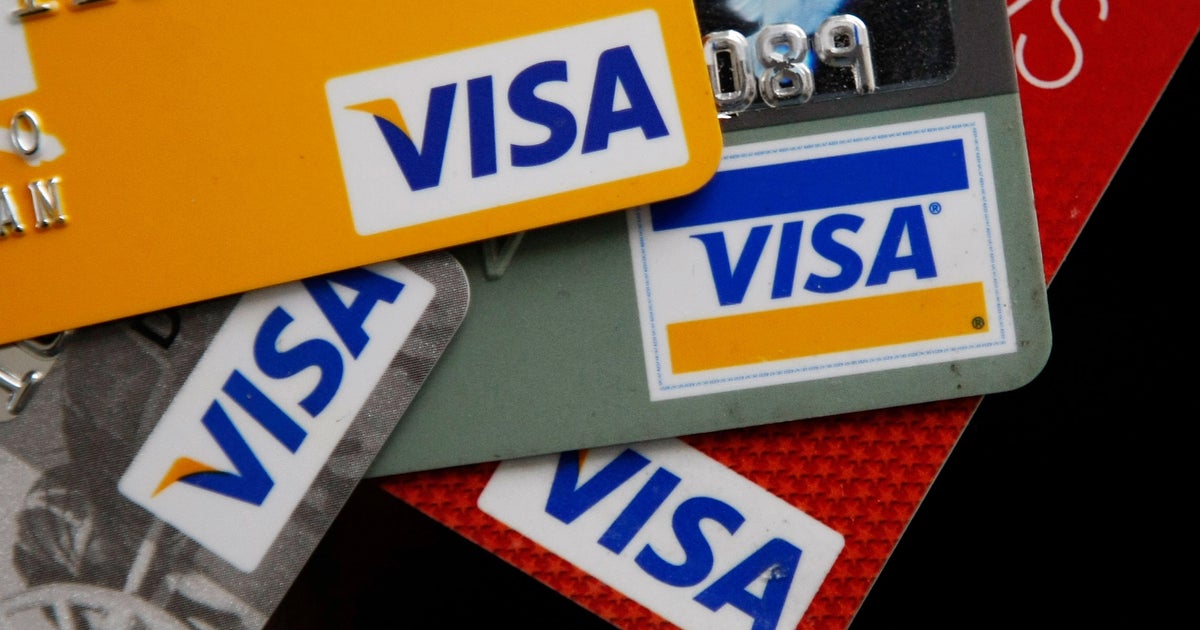
Visa monopolizes debit cards, hurting consumers and businesses, Justice Department says
CBSN
Federal antitrust enforcers are accusing Visa of using its market dominance in payments to stifle competition in the debit card market, raising costs for consumers and businesses.
The U.S. Department of Justice on Tuesday said it filed a lawsuit against the credit card giant alleging that Visa is a monopoly, enabling it to block rivals from introducing lower-priced debit products. Visa also pressures merchants and banks into agreements that penalize businesses that process debit transactions using a different debit or payment system, the agency said.
"We allege that Visa has unlawfully amassed the power to extract fees that far exceed what it could charge in a competitive market," Attorney General Merrick B. Garland said in a statement. "Merchants and banks pass along those costs to consumers, either by raising prices or reducing quality or service. As a result, Visa's unlawful conduct affects not just the price of one thing — but the price of nearly everything."
